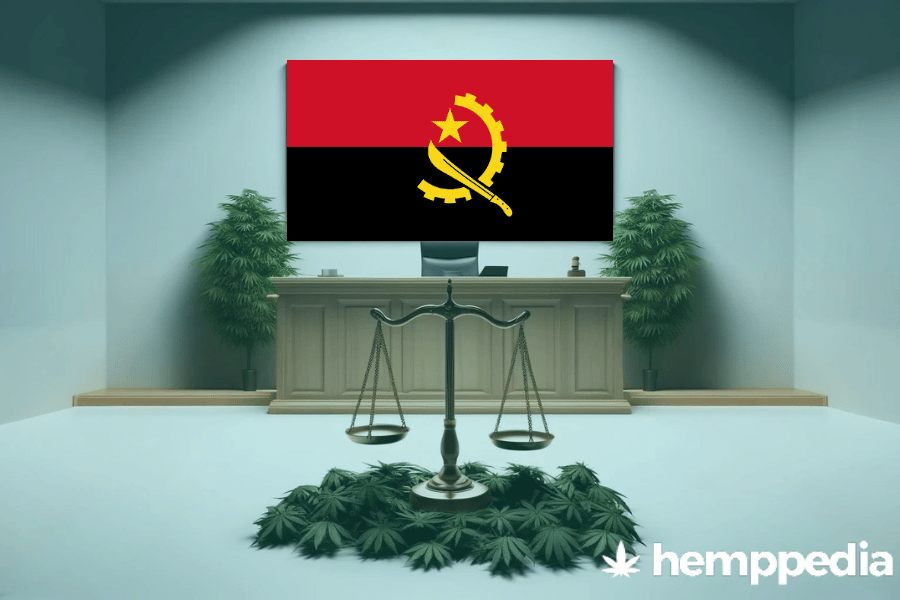TL;DR
In Angola, both recreational and medical cannabis, regardless of THC and CBD concentration, are illegal. This fact is summarized in the table below:| Recreational | Medical | |
|---|---|---|
| THC | Illegal | Illegal |
| CBD | Illegal | Illegal |


| Recreational | Medical | |
|---|---|---|
| THC | Illegal | Illegal |
| CBD | Illegal | Illegal |